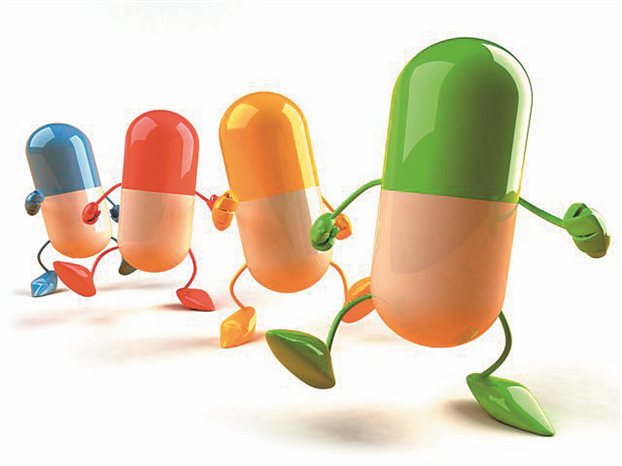For years, Greece has held the lead in Europe in terms of multi-resistant hospital-acquired bacteria.
This year, on 18 November, the European Antibiotic Awareness Day, Greece is once again in the top ranking with regard to the consumption of antibiotics. Although the country ranks second, conceding the first place to neighbouring Italy, every second Greek of every household consumes antibiotics each year, and 54.7% of patients treated in hospital are prescribed antibiotics. By comparison, this rate in Europe is 37%.
In relation to the control of hospital-acquired infections, directly related to the misuse of antibiotics, the Ministry of Health has recently passed in parliament a new institutional framework that turns this issue into a priority for the administration of hospitals and into a major criterion for the evaluation of hospitals and physicians.
As stated by Minister of Health Adonis Georgiadis, the ministerial decisions relating to the enforcements of the specific law will be announced this month.
According to the data presented by scientific experts during a press conference at the Centre for Disease Control and Prevention in the presence of Minister of Health Adonis Georgiadis, Deputy Minister Zeta Makri and Secretary General of Public Health Christina Papanikolaou, in Greece the percentage of patients with hospital-acquired infections is 9% whereas it is 6% in Europe. In 50 % of the cases, the most common causes of hospital-acquired infections (Acinetobacter, Klebsiella and Pseudomonas) are resistant to the strongest antibiotics. The data from the Centre for Disease Control and Prevention make it clear that 11,500 cases of hospital-acquired infections in 9,500 patients have been registered in Greece over the past three years and that the multidrug-resistant bacteria are widespread in hospitals (75 out of the 108 hospitals involved in the study (or 64%) have declared cases of infections, in all wards rather than in the intensive care units alone).
Without prescription

At the same time, the consumption of antibiotics outside hospitals is considerable too. According to a recent study, the consumption of antibiotics without prescription has increased from 10% in 2007 to 15.6 % this year whereas 36% of respondents state that they have antibiotics at home, "just in case". A positive development is considered the increasing number of citizens who state that they will not take antibiotics in the event of a cold or flu.
During the press conference, Minister Georgiadis announced the decision of the administrative reform council to propose to parliament to turn the National Organization for Health Care Provision only into a purchaser of services. He also reiterated that after the assessment of the National Organization for Health Care Provision there could be cuts of doctors, if deemed necessary, and stressed that he would take such a decision alone and it should not be attributed to the supervisory Troika. "I am tired of doing what I should and for the laurels to be gained by Paul Thomsen (the IMF representative in Greece)", said the Minister of Health.